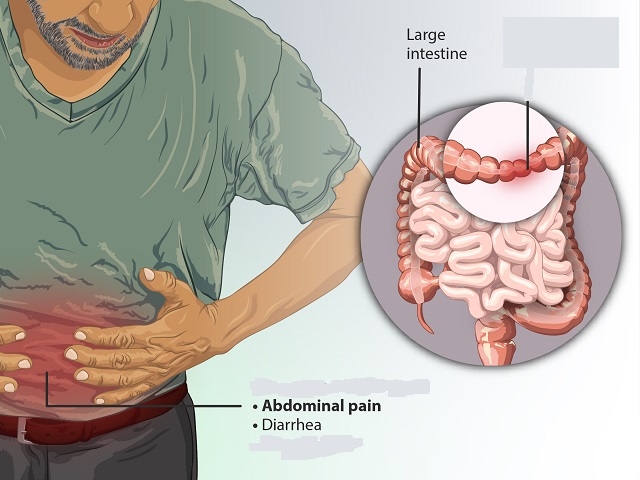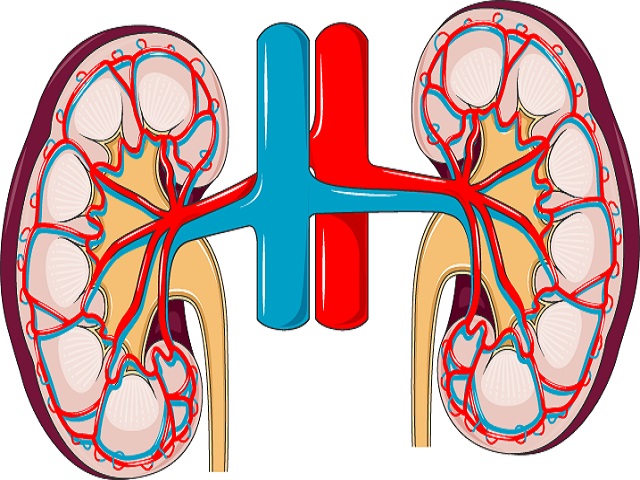5 Signs You May Have Irritable Bowel Syndrome -- Symptoms, Causes, Effects, Treatment and Prevention
Irritable bowel syndrome (IBS) is a common gastrointestinal disorder characterized by abdominal pain or discomfort and changes in bowel habits. It is a chronic condition that affects the functioning of the digestive system. Here is an explanation of irritable bowel syndrome, along with its symptoms, diagnosis, causes, effects, treatment, and prevention:
Symptoms of Irritable Bowel Syndrome:
The symptoms of IBS can vary from person to person but generally include:
- Abdominal pain or cramping: Recurring pain or discomfort in the abdomen, often relieved by bowel movements.
- Changes in bowel habits: This can include diarrhea, constipation, or a combination of both.
- Bloating and gas: Feeling of bloating and increased gas production in the digestive system.
- Mucus in the stool: Passage of mucus during bowel movements.
- Urgency: A sudden and urgent need to have a bowel movement.
Diagnosis of Irritable Bowel Syndrome:
Diagnosing IBS involves a comprehensive evaluation by healthcare professionals, such as gastroenterologists or primary care physicians. Key components of the diagnosis include:
- Meeting the diagnostic criteria outlined in the Rome IV criteria, which include the presence of recurrent abdominal pain for at least six months, along with changes in bowel habits.
- Eliminating other potential causes for the symptoms through medical history, physical examination, and additional tests if necessary.
Causes of Irritable Bowel Syndrome:
The exact cause of IBS is not fully understood, but several factors may contribute to its development:
- Altered gastrointestinal motility: Abnormal muscle contractions in the intestines may lead to changes in bowel habits and abdominal pain.
- Increased sensitivity to pain: Individuals with IBS may have a heightened sensitivity to pain signals from the intestines.
- Intestinal inflammation: Low-grade inflammation in the intestines may play a role in some cases of IBS.
- Changes in gut microbiota: Imbalances in the gut microbiota, the community of microorganisms in the digestive tract, may contribute to IBS symptoms.
Effects of Irritable Bowel Syndrome:
IBS can have various effects on individuals, including:
- Impact on quality of life: The symptoms of IBS can significantly affect a person's quality of life, leading to disruptions in daily activities, work, and social functioning.
- Emotional distress: IBS is associated with increased rates of anxiety and depression, likely due to the impact of chronic symptoms on mental well-being.
Treatment of Irritable Bowel Syndrome:
The treatment of IBS aims to manage symptoms and improve quality of life. It often involves a multidisciplinary approach:
- Lifestyle modifications: Dietary changes, such as avoiding trigger foods, increasing fiber intake, and managing stress, can help alleviate symptoms.
- Medications: Depending on the predominant symptoms, medications such as antispasmodics, laxatives, or antidepressants may be prescribed to manage pain, regulate bowel movements, or address associated conditions.
- Psychological interventions: Cognitive-behavioral therapy (CBT), relaxation techniques, and other stress management strategies can help individuals cope with symptoms and reduce their impact.
Prevention of Irritable Bowel Syndrome:
While it may not be possible to prevent IBS entirely, certain measures may help reduce the risk or manage symptoms effectively:
- Maintaining a healthy lifestyle: Regular exercise, a balanced diet, and stress management techniques may contribute to overall gut health and symptom control.
- Identifying trigger foods: Keeping a food diary and noting any foods that worsen symptoms can help individuals make dietary adjustments.
- Seeking early intervention: If experiencing persistent digestive symptoms, it is advisable to consult a healthcare professional for proper evaluation and management.
It is essential for individuals with symptoms suggestive of IBS to seek medical advice for accurate diagnosis and appropriate management strategies.
References:
Lacy, B. E., Mearin, F., Chang, L., Chey, W. D., Lembo, A. J., Simren, M., & Spiller, R. (2016). Bowel disorders. Gastroenterology, 150(6), 1393-1407.e5.
National Institute of Diabetes and Digestive and Kidney Diseases. (2020). Irritable Bowel Syndrome (IBS). Retrieved from https://www.niddk.nih.gov/health-information/digestive-diseases/irritable-bowel-syndrome
Ford, A. C., Lacy, B. E., Talley, N. J. (2017). Irritable bowel syndrome. The New England Journal of Medicine, 376(26), 2566-2578.
American College of Gastroenterology. (2021). Irritable Bowel Syndrome. Retrieved from https://gi.org/topics/irritable-bowel-syndrome/
Image Attribution:
Featured Image by http://www.scientificanimations.com, CC BY-SA 4.0, via Wikimedia Commons

















